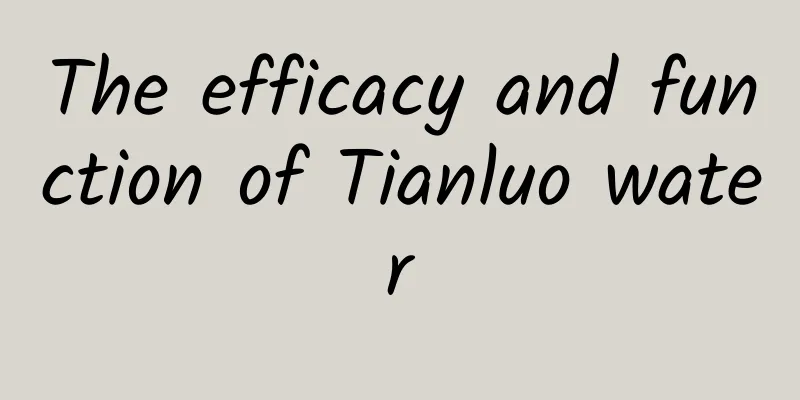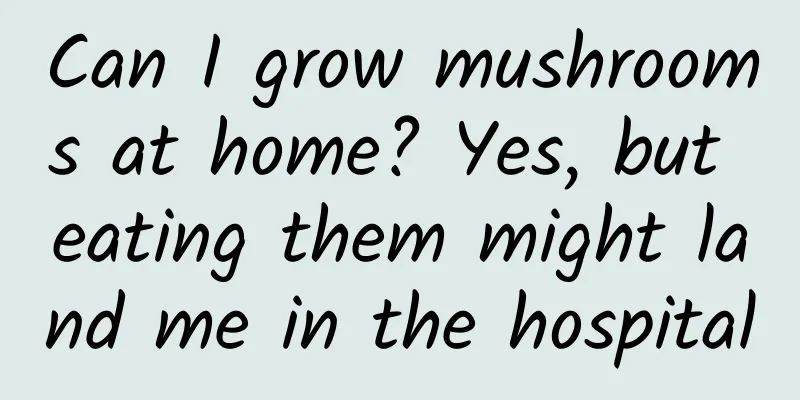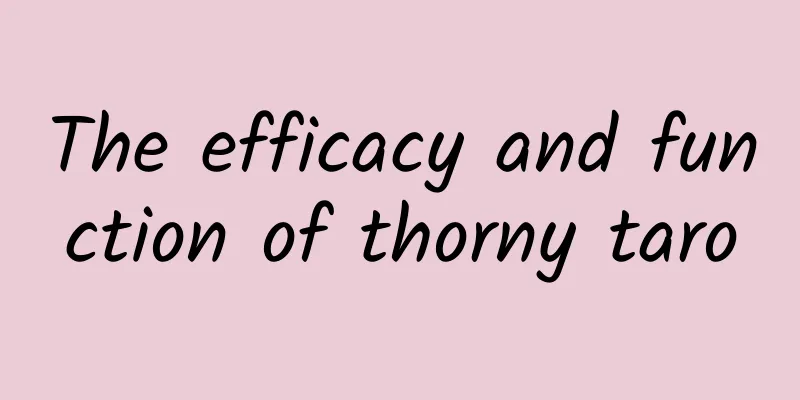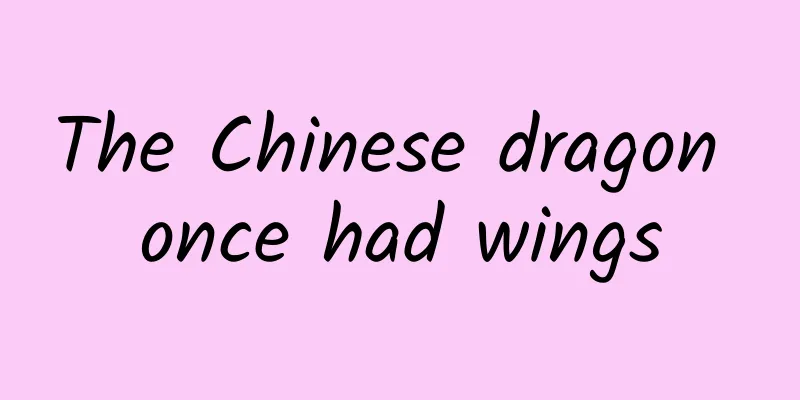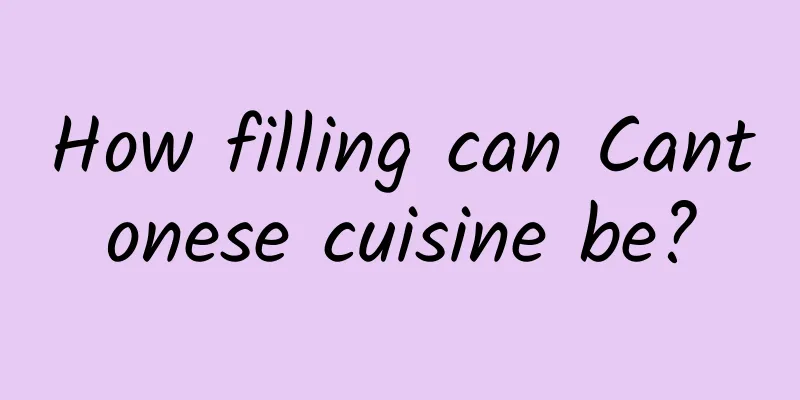What are the taboos and effects of eating Schisandra chinensis?
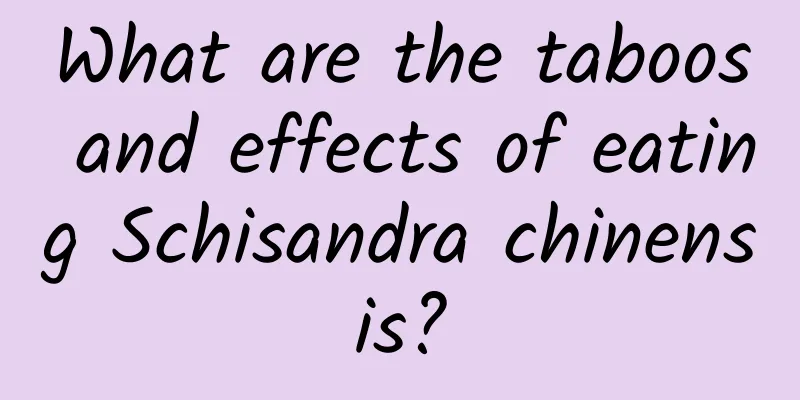
|
The Chinese medicinal herb Schisandra chinensis is a very common medicine. It can be planted and picked, or it can be found in the wild. The medicinal effects are the same, but the functions of wild medicinal herbs are more obvious. When the patient has a poor constitution, cough and other discomforts, Schisandra can be used for treatment. Schisandra can treat many diseases. If used alone, the efficacy will be poor. It is recommended that patients use it in combination with other Chinese medicines, but pay attention to its contraindications when using it. So what are the contraindications and effects of eating Schisandra? Schisandra chinensis tastes sweet and sour and is warm in nature. It can replenish qi and produce body fluid, nourish the kidney and the heart, and astringe and firm the body. Contains sugars, fatty oils, volatile oils, malic acid, citric acid, tartaric acid, vitamin C and other ingredients. It can enhance the excitatory process of the central nervous system, and also strengthen the inhibitory process, so as to balance them and improve the regulatory function of the cerebral cortex; it can increase work efficiency and reduce fatigue. It can regulate blood pressure and enhance heart function. It can stimulate breathing and has expectorant and antitussive effects. It can promote bile secretion, reduce serum alanine aminotransferase in hepatitis patients, and has a certain protective effect on liver cells. It can also regulate gastric juice secretion, stimulate the uterus, improve vision and hearing, and enhance the discrimination ability of skin receptors. Contraindications of Schisandra: 1. Do not take it if there is external pathogen, internal heat, or the patient has just started cough or measles. 2. "Bencao Zheng": It is important to avoid coughing at the beginning of a cold, for fear that it may become constipated and not dissipate. People with liver hyperactivity should avoid swallowing acid, for fear that it will help wood and hurt earth. 3. "Bencao Jingshu": It is forbidden to use Huangqin to purge heat in the initial stage of sha rashes and in all cases of stagnation of fluid, liver qi movement, and lung heat. 4. Adverse reactions and treatment: Schisandra chinensis has no obvious toxicity. Some patients may experience burning sensation in the stomach, heartburn and stomach pain after taking the medicine. A recent report described a case of sinus tachycardia induced by decoction of Schisandra chinensis. The clinical manifestations included palpitations, shortness of breath, chest tightness, and an electrocardiogram showing sinus tachycardia with qualitative premature beats, which was relieved after emergency treatment. Another case of respiratory depression was caused by decoction. Effects of Schisandra chinensis: Schisandra chinensis has an excitatory effect on the centers of the nervous system at all levels, and affects the excitatory and inhibitory processes of the cerebral cortex, making them tend towards balance. It has a stimulating effect on the respiratory system, and has antitussive and expectorant effects. Can lower blood pressure. It can promote bile secretion, lower serum transaminase, and has a protective effect on liver cells. It has an adaptogenic effect similar to ginseng and can enhance the body's defense against nonspecific stimuli. It can increase cellular immune function and significantly enhance the SOD activity of the brain, liver, and spleen, so it has the effects and functions of improving immunity, anti-oxidation, and anti-aging. It has inhibitory effects on Staphylococcus aureus, Klebsiella pneumoniae, Salmonella enterica, Pseudomonas aeruginosa, etc. The contraindications and benefits of eating Schisandra chinensis are explained in the above article. Currently, many people like to take western medicine to treat diseases, but they find that repeated consumption will cause drug resistance, and patients will feel unwell if they consume it improperly. Therefore, more and more people are using traditional Chinese medicine, especially those who are doing health care. Schisandra chinensis can be eaten when the body is not sick. When eating, we must observe abnormal symptoms of the body. If there are any abnormalities, we can stop taking it first and then eat it again after a clear diagnosis. |
<<: What are the main contraindications of taking American ginseng?
>>: What kind of Cistanche deserticola is good and the common sense of selection
Recommend
Attention! Illustration of the 6 weak spots in the human body, any injury can be fatal
Review | Li Nannan is the vice president of Hunan...
The efficacy and function of Xinjiang Euonymus
Recently, major TV channels have launched various...
Is yellow urine a sign of a health problem? Click here to find the answer →
gossip “You can tolerate excrement, but not urine...
The efficacy and function of Agave giltendre
Traditional Chinese medicine requires the use of ...
Insomnia, irritability, frequent headaches...People with these symptoms should pay attention!
Expert of this article: Wang Li, attending physic...
The efficacy and function of moonflower
Speaking of moonflower, many people know that it ...
The efficacy and function of azalea leaves
Azalea leaves are a kind of traditional Chinese m...
What is the correct way to remove freckles with Poria cocos?
Poria cocos is a health-preserving Chinese medici...
The French plane tree is not a sycamore and is not native to France.
I heard that the "French plane trees" i...
Drink water scientifically and use drinking water purifiers correctly
my country's drinking water hygiene standards...
What is the effect of using Eucommia and Dipsacus as a combination?
Many people are not familiar with the Chinese med...
When one type of pasta falls from grace, another type of pasta rises
Steamed buns, noodles, pancakes... Bread, cake, p...
JD.com: JD.com has added 130,000 employees in the past two years, bringing the total number of employees to nearly 520,000
JD.com is heavy and huge. The latest official dat...
The efficacy and function of red euphorbia
Traditional Chinese medicine is very helpful in t...
How much maple mulberry should be put in each serving?
Maple thrush is also called Dendrobium officinale...
